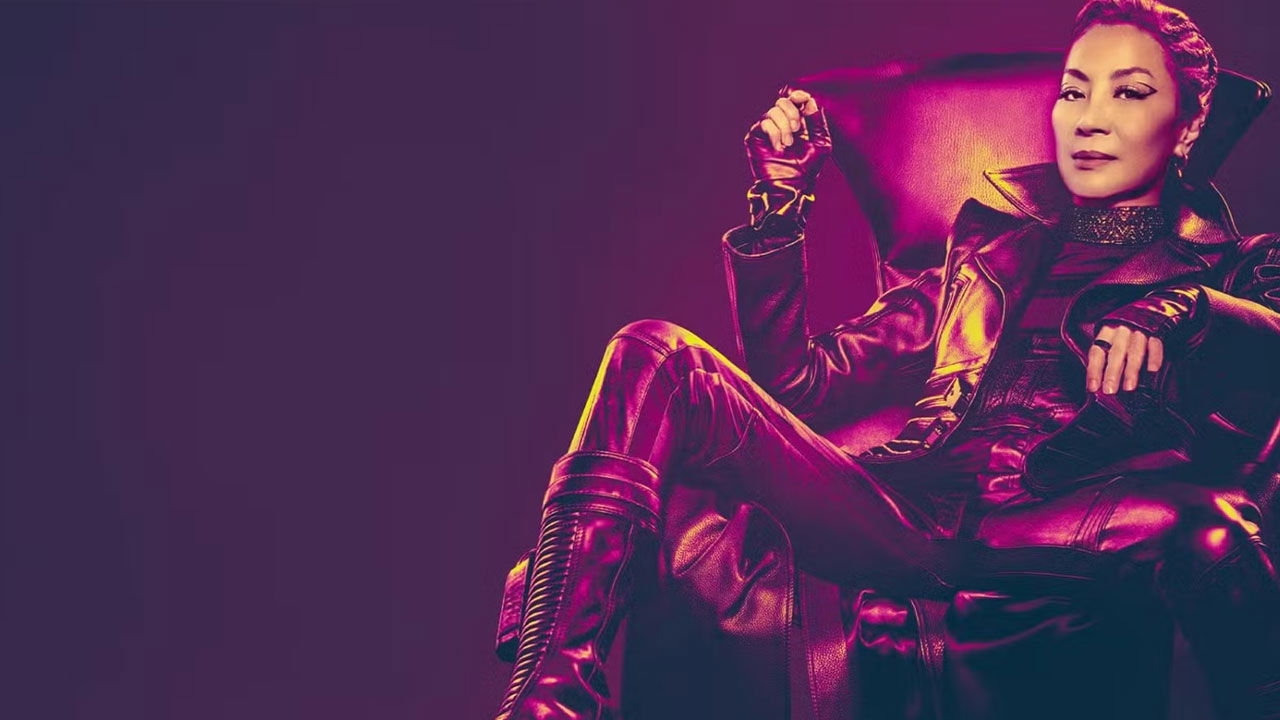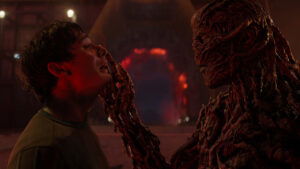In the Star Trek universe, secrets do not stay hidden for long. With the new film Star Trek: Section 31, director Olatunde Osunsanmi and executive producer Alex Kurtzman shine a light on Starfleet’s clandestine operations, offering fans a fresh spin on the beloved sci-fi franchise. The movie follows Emperor Philippa Georgiou on a covert mission with Section 31, a notorious organization that operates in the shadows to protect the Federation.
Both Osunsanmi and Kurtzman have shaped modern Trek storytelling for years. Kurtzman’s creative influence began with the 2009 theatrical reboot and continued into multiple series, overseeing projects like Discovery and Strange New Worlds. Osunsanmi, meanwhile, has directed numerous episodes of Discovery, bringing a distinctive cinematic quality to the television realm and now to the streaming movie format.
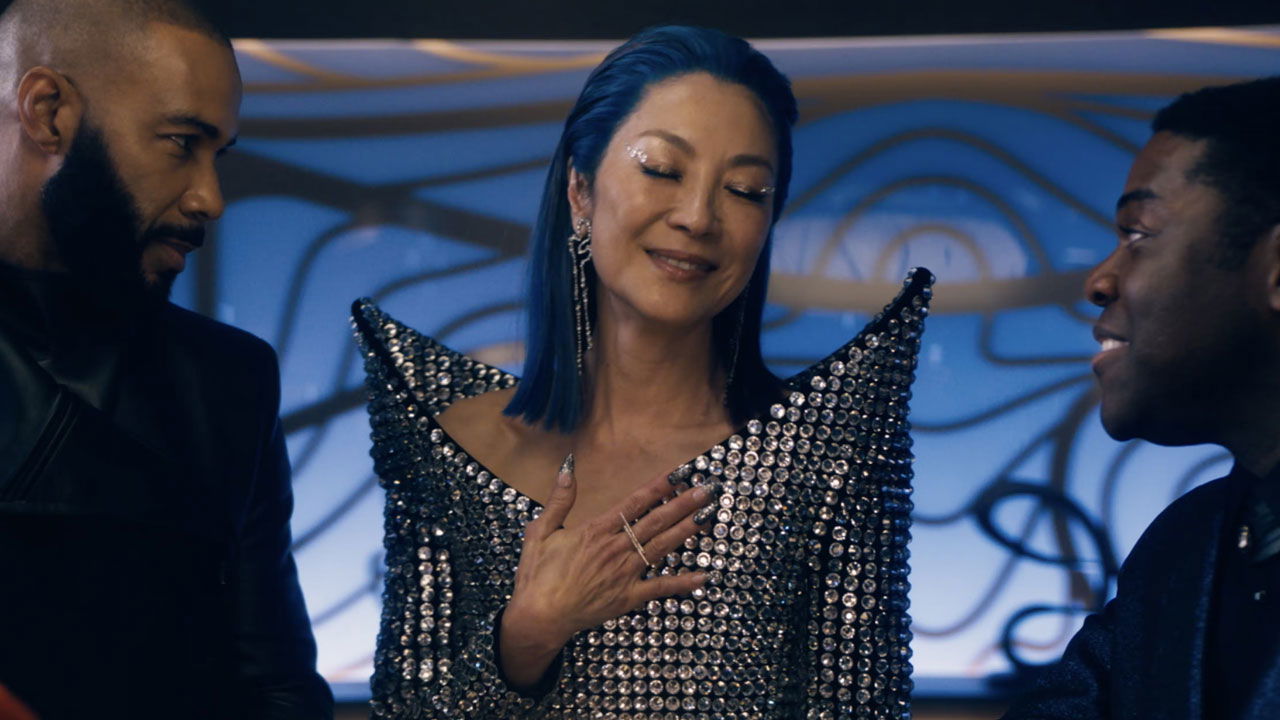
In the lead-up to the movie’s release on Paramount+, CGMagazine got to chat with some of the cast and crew for the new film, including Osunsanmi and Kurtzman. In the interview, they discussed why filming in Toronto keeps the Trek community tight-knit, how the project evolved from a prospective series into a single cinematic event, and the importance of letting casual viewers jump right into the story. But, as Kurtzman hinted, Star Trek: Section 31 might only be the beginning for this band of outcasts—and if the Federation ever needs more cloak-and-dagger heroes, Section 31 will be standing by.
What drew you to this Star Trek: Section 31, and how did you get involved?
Olatunde Osunsanmi: Well, we can work our way backward. So, we can start with me. I got a phone call from a guy named Alex, inviting me to the project, and I was super excited to be involved. It was a very easy yes. Alex creates a really wonderful creative environment for filmmakers to thrive, and it is why all of us filmmakers, in Toronto or wherever we are in the world, have stayed with this version of the Star Trek franchise for so long.
If you go and look at the credits, we are all still here, you know, and so, it was a wonderful phone call to make and a wonderful phone call to receive—and quite the privilege to be a part of it. So, that is the, you know, a little bit later in the story, and then early in the story…
Alex Kurtzman: Yeah, we were doing the first season of Star Trek: Discovery, and it had not even come out yet. Michelle asked me to have lunch, and we sat down, and she said, “I would love to do a spin-off of my character.” I said, “I would love nothing more than that. Let us see how the show does—no one has even seen Star Trek: Discovery yet.” It did well, and that prompted the whole conversation about building this.
It has been through so many lives at this point because it was originally supposed to be a series. Then, between COVID shutting everything down for over a year, Michelle winning an Oscar and writer strikes, the timing of everything changed. In a funny way, it turned out to be a mixed blessing because I think we got to make the best version of the story. And, you know, it has been a wonderful ride.
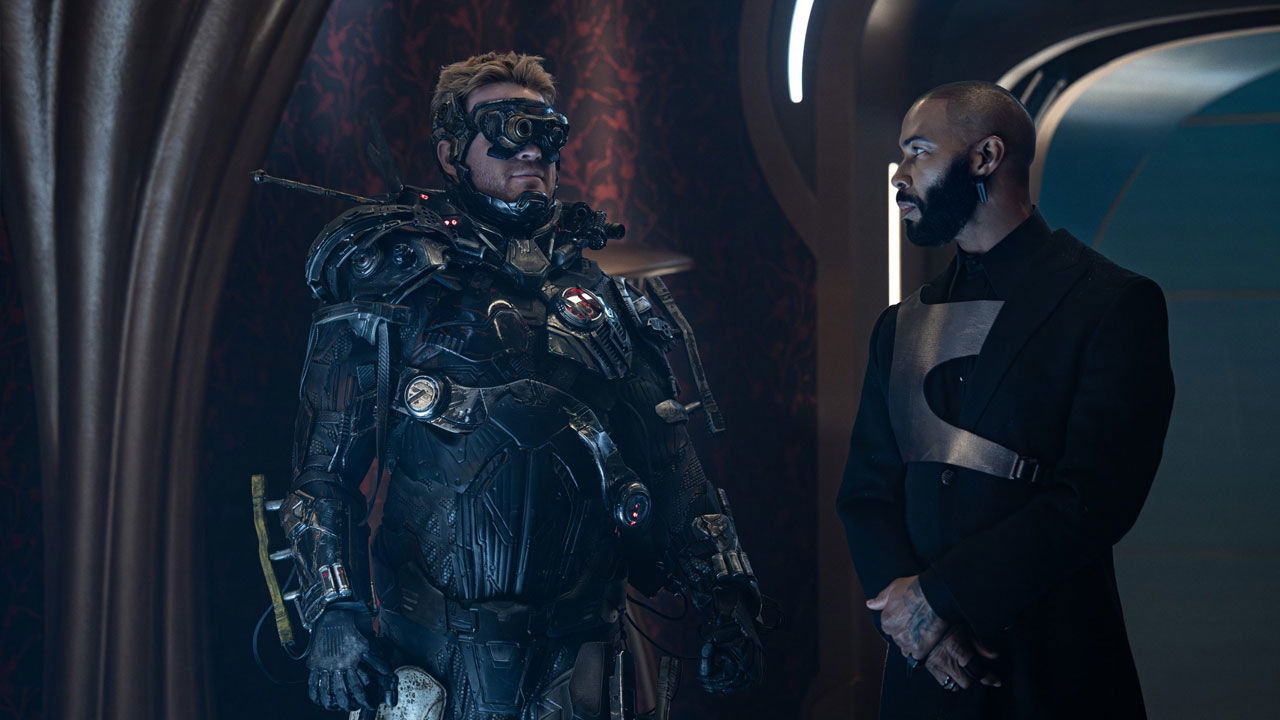
You mentioned Toronto and how Canada has played a role in these latest Star Trek series, including Star Trek: Section 31. Why do you think that is the case? And why do you think it is so fitting for this latest iteration of Trek to be done within Canada?
Olatunde Osunsanmi: We have a nickname for Toronto. We call it Star Trek City, because so many Star Treks have gone through there. And Shatner was also Canadian, right? So there’s this rich history of Star Trek, of Canada, drawing Star Trek back into it. And
Scotty was, as well!
Olatunde Osunsanmi: Yeah, Scotty was as well, right? So I think it’s just in the tea leaves and in fate. And it’s also a wonderful synergy, having Discovery there then also at the same time having Strange New Worlds and then having Section 31 all in one city. For us to learn from each other and play off of each other, compete with each other to have the best show – a friendly competition. It’s really amazing.
And I think what people don’t realize a lot of the time is the same people who made Discovery that were on the crew are are also the same people who are doing Strange New Worlds and also the same people who are doing Section 31. It’s one big family that is all intertwined and it’s just, it’s a wonderful thing to be a part of.
How do you feel the tone of Star Trek: Section 31 differs from older or current Trek, and how do you feel that will resonate with audiences?
Olatunde Osunsanmi: Yeah, I think it’s a lot. It’s probably the most fun Trek that we’ve ever seen. It’s wild, it’s unpredictable, and it’s a different flavour of ice cream or a different colour of the rainbow, as Alex likes to say, than we’ve seen before. It’s a really nice thing to be able to do a movie that is just a little bit different and to step outside of what Trek normally feels like, even if just a little. It’s still Trek.
And the other thing that’s wonderful is you have a situation where anybody can come in and watch it. You don’t need a pre-existing history of Trek to enjoy it. It’s an action movie. It’s a bit of a Western. But if you do have knowledge of Trek, and if you do have knowledge of Discovery, then there are extra Easter eggs in there for you, and extra emotional nuance for you to respond to.
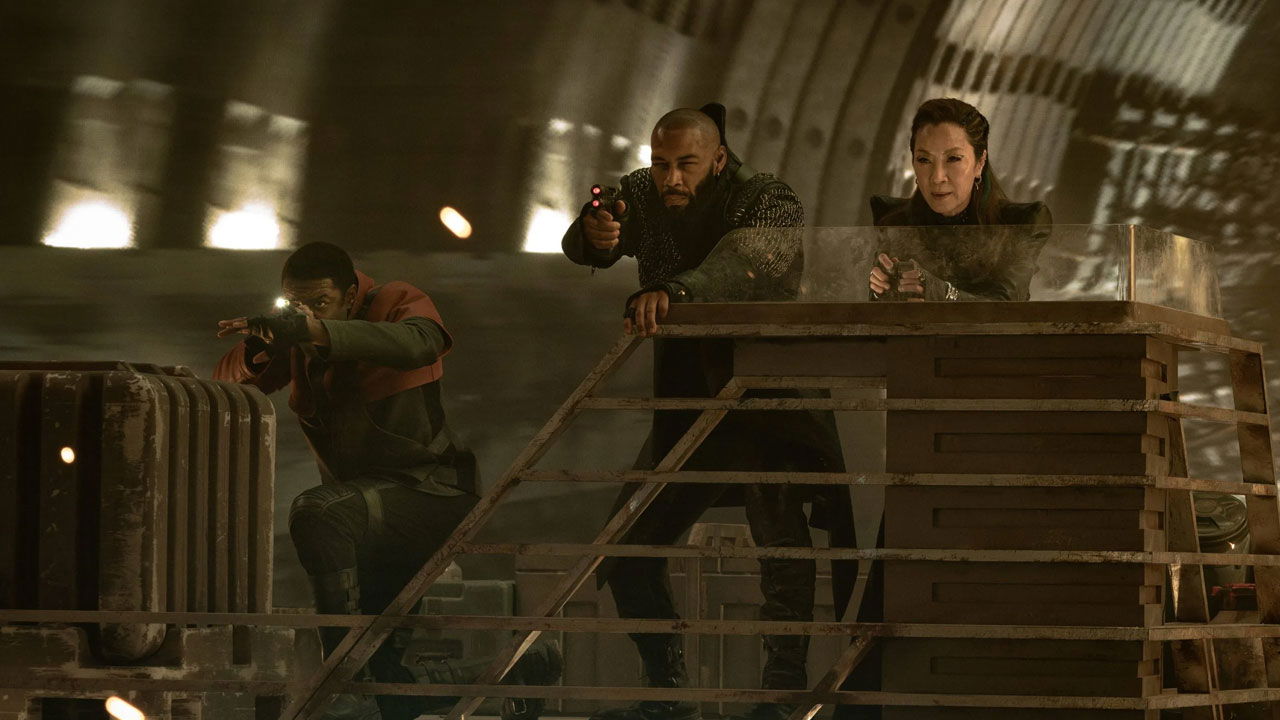
What do you think Star Trek: Section 31 adds to the overall lore of Trek, as well as to the mysterious nature of Section 31 as a whole?
Alex Kurtzman: Well, you know, there’s a lot of conversation among Star Trek fans about where exactly Section 31, all the way dating back to Deep Space Nine, fits into Roddenberry’s vision of a utopian future. And the way that I think we look at it, Star Trek, each iteration of Star Trek, starting from TOS all the way through everything we’re doing now, it was designed to be something that reflects the time in which it was made and to reflect the issues of the day.
And Section 31 asks the question, “In order for us to live in the utopian society we live in, what has to actually happen for that,” because it is in all rainbows all the time. And so, the idea that the utopian vision of the Federation and Starfleet could not exist without Section 31 operating in the shadows is a very interesting idea and a very relevant conversation to today.
But what we didn’t want to do was make something really dark. That doesn’t actually feel like Star Trek. It can go to dark places, but it can’t actually fundamentally be a dark story. And it’s tricky when you have a character like Georgiou who has so many sins under her belt and needs redemption. And this is where the miracle of Michelle Yeoh comes in and this is where tone management is so important.
Because to be able to tell a story like that, make it emotionally honest, but also have it be really fun and really funny and unpredictable and surprising and an action movie and also a space western, you know, it’s doing a lot of things, and every little micro change along the way was something that we all worked very hard to calibrate so that it felt consistent.
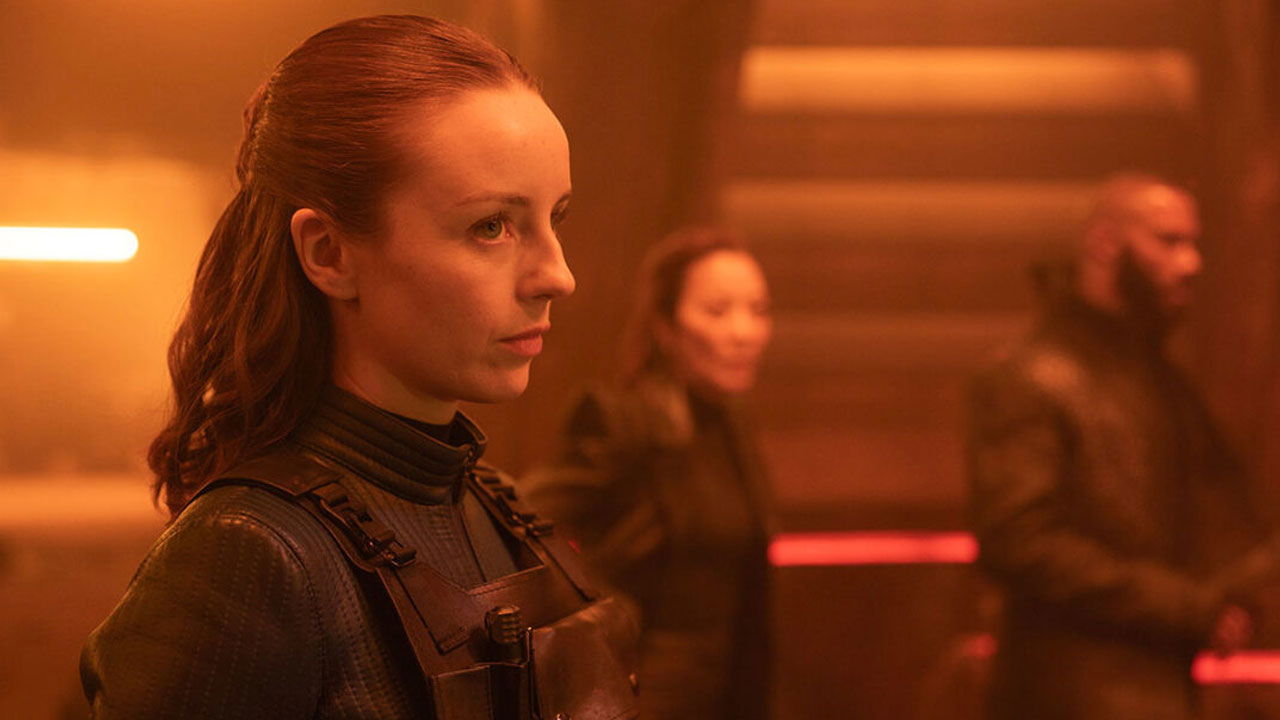
And I think ultimately what it does do is reinforces Roddenberry’s vision of a better future because the characters in Section 31 are all fighting for the same things that characters on a regular starship would be fighting for, which is our better angels have taken us to a brighter future, and that’s exactly what everybody wants.
As you mentioned, Star Trek: Section 31 was originally going to be a series, but it is now like a singular movie. Did that change the overall concept for how it explored Section 31? And is there a chance that we could see more of this kind of group of characters in the future?
Alex Kurtzman: There’s definitely a chance. It’s funny, it didn’t change the overall concept, it changed more the way, the pacing of the storytelling. Because I think what you would have seen would have been the same character arc for Georgiou over the course of a season.
But in a way, when you say, “Actually, we’re going to turn this into a Clint Eastwood Western in space, and Michelle Yeoh is basically going to be a version of that character,” you start to go, “Well, that story works great in two hours,” because I’ve seen that paradigm work really well before. And that’s how we did it, and it was great. It worked out great.
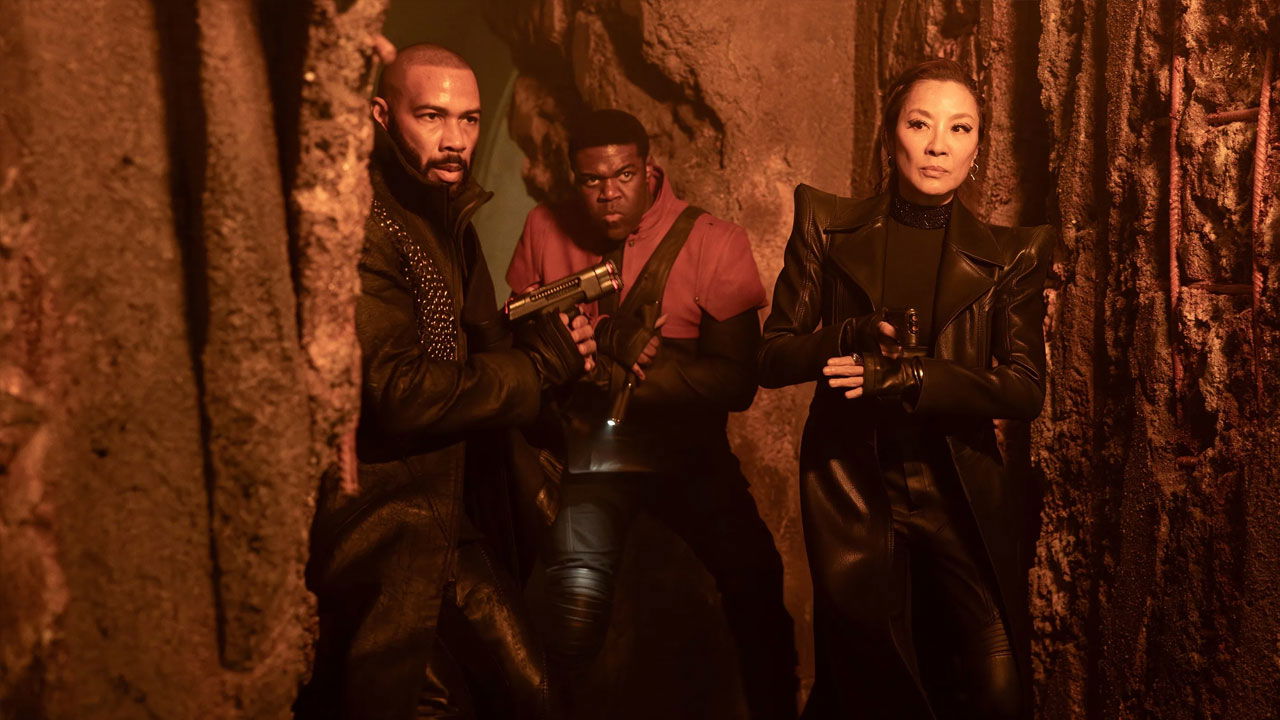
You have created this vision for what Section 31 is in this universe. Do you see any of the concepts you brought forth in this movie making their way into other Trek projects going forward?
Alex Kurtzman: Yeah, I think they certainly can make their way into it. I think we’re very mindful about not wanting to overload each new Star Trek with so much baggage from previous things. We make a ton of references to things from the canon. So if you’re a fan, it’ll be a richer experience for you.
But if you’re not a fan, you should be able to drop into any of our stories and just enjoy it on its own merits, right? And that’s how Star Trek will grow.. It’s not just about pleasing our tried-and-true fans, which is our number one priority. It’s about creating new ones. And the trick is to do both at the same time.
Thank you so much for your time. I enjoyed Star Trek: Section 31, and I’m excited to see what other people think when it premieres.
Alex Kurtzman: Thanks so much.
